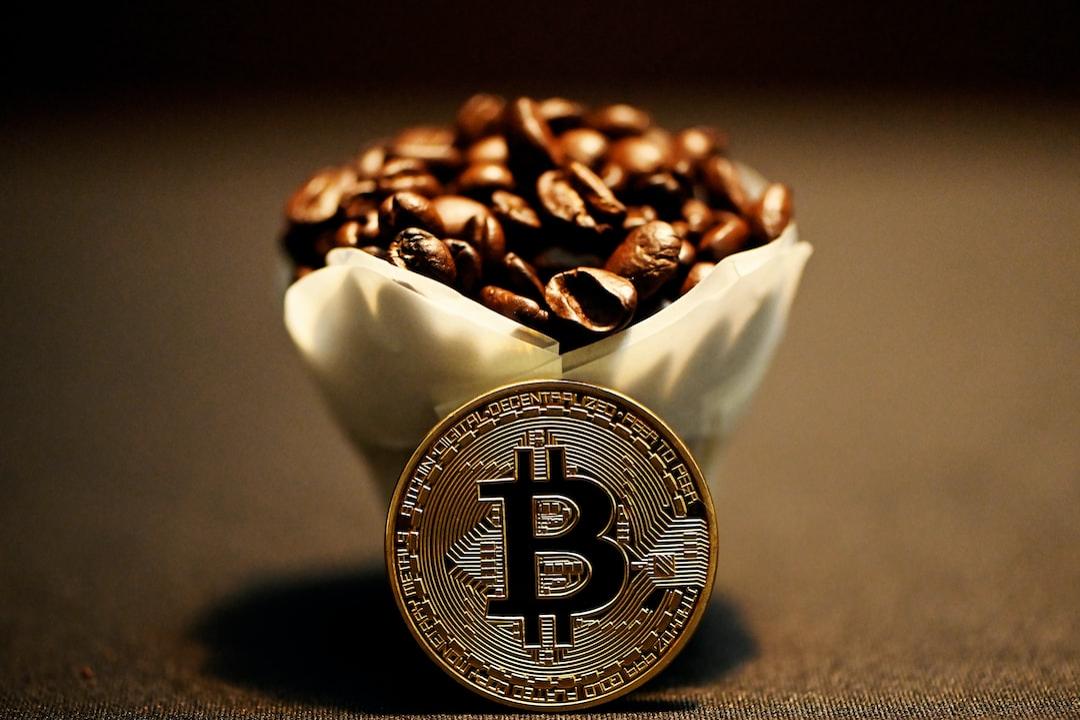Validators on the Solana network have recently voted to change the distribution of their priority fees. The proposal, known as SIMD-0096, was approved on May 27th and allocates 100% of the priority fees to the validators themselves. This is a shift from the previous model, which divided the fees equally between burning tokens and validators. The aim of this change is to address inefficiencies in the current system and align incentives to ensure network security and efficiency.
With 77% of votes in favor, the proposal also aims to address concerns about parallel agreements between transaction presenters and block producers, which could potentially compromise network security. Several important validators, including Everstake, Jito, Helius, Stakehaus, Leapfrog, Bonk, Solend, and Pico.sol, have expressed support for the new distribution model.
However, there are validators who disagree with the proposal. Step Finance, Triton, GREED, Solana Compass, Shinobu, Orangefin, AG, Pumpkin Pull, and Edgevana have taken a stance against the change. One critic, Hanko Bolseiro of Estaca Bandito, raised concerns about the impact of eliminating the token burning mechanism. He warned that while increasing fees may benefit validators in the short term, it could negatively affect the long-term health of the network and suppress the price of SOL.
Solana co-founder, Anatoly Yakovenko, defended the change by explaining that the current system resulted in users paying double the priority fee to overcome tips, which were then entirely allocated to validators. He described the burning process as a “bug in the system.”
Additionally, Stakewiz’s Laine estimated that the new measure could lead to a 4.6% increase in Solana’s emissions, bringing it back to levels seen a year ago. Laine emphasized that SIMD-0096 is part of a larger plan to improve the distribution of block rewards, with other proposals such as SIMD-0123 also in development.
Although the voting process is complete, the implementation of SIMD-0096 may take several months as it is not currently supported by the Solana Mainnet or upcoming updates. This delay allows for further discussions and the development of additional proposals, such as SIMD-0123, which aims to improve reward distribution, and SIMD-0109, which proposes a native tipping mechanism.
The decision to redistribute 100% of priority fees among validators highlights the diverse opinions within the Solana ecosystem and indicates a period of intense debate about the future of the network, particularly as interest in the project grows following the recent appreciation of the SOL token.
Disclaimer: The views and opinions expressed in this article are for informational purposes only and do not constitute financial, investment, or other advice. Investing or trading cryptocurrencies carries a risk of financial loss.



